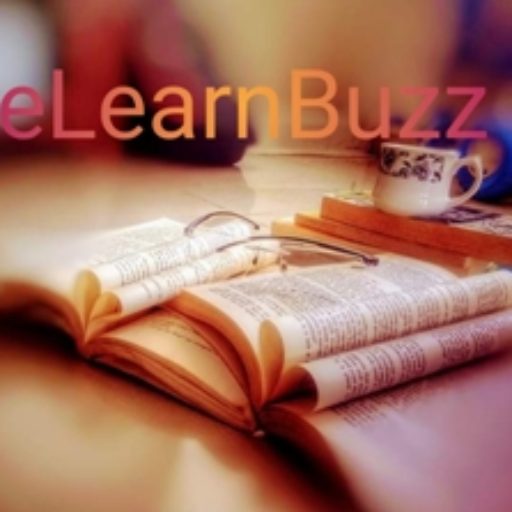UPTET Previous Years Questions Answer on Hindi Language
Dear readers, in this post UPTET Previous Years Questions Answer on Hindi Language are given. These questions are from UPTET 2016. Practice of these questions will help in understanding the pattern of Hindi language paper of UPTET and other TET exams. These UPTET previous years questions on Hindi Language are important questions for UPTET as…
